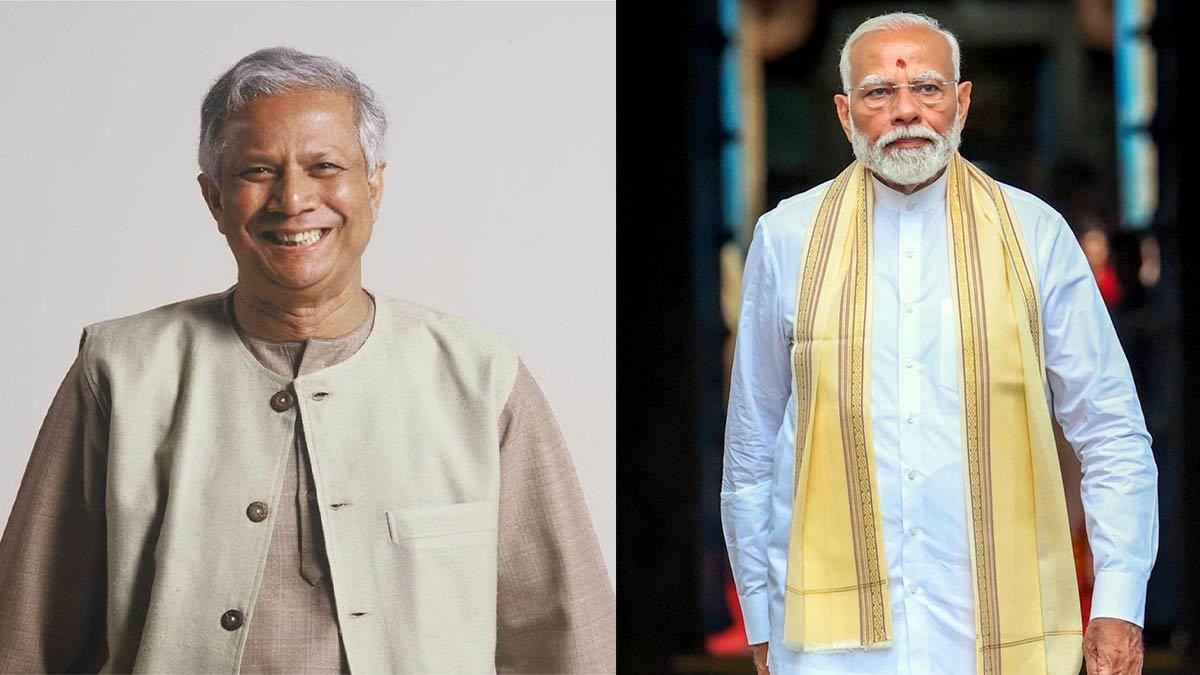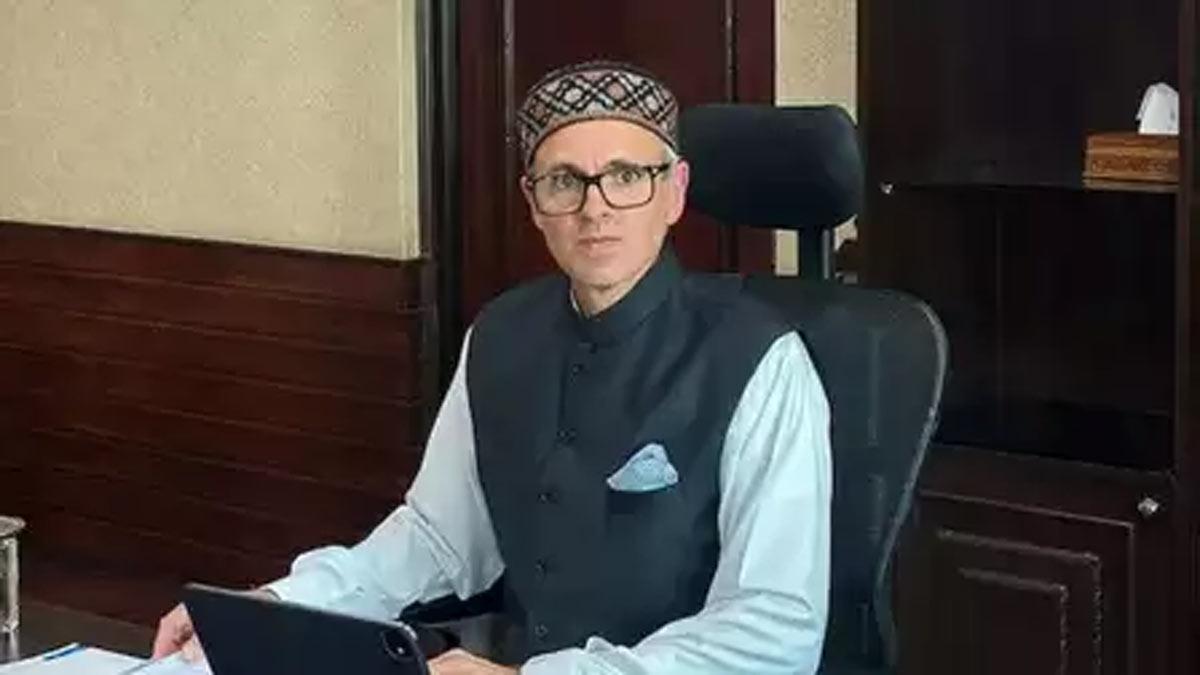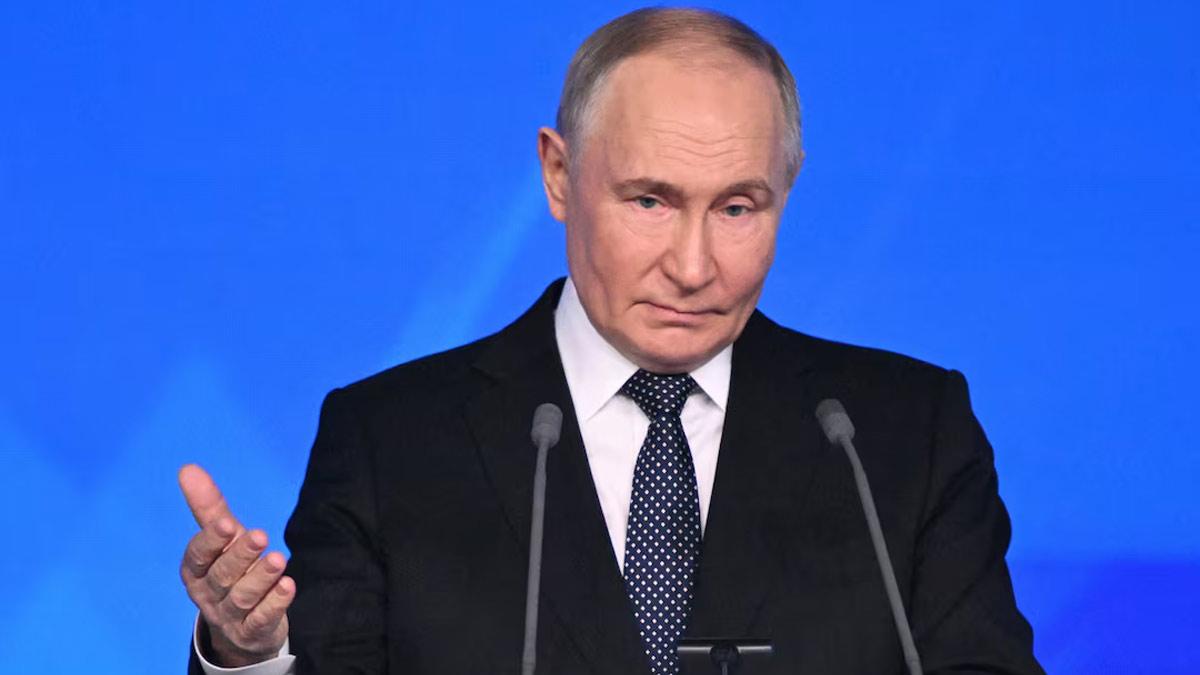Prime Minister Narendra Modi, in his maiden meeting with Bangladesh's interim chief advisor Muhammad Yunus, urged the development of a practical and constructive relationship between the two countries without any polarizing rhetoric. This was ascertained by the Ministry of External Affairs after the discussion by the leaders on the sidelines of the BIMSTEC summit in Bangkok.
PM Modi, in a direct address to Yunus, said that "any rhetoric that vitiates the environment is best avoided," underlining that such self-restraint would be good for the overall relationship between India and Bangladesh.
Muhammad Yunus, a Nobel Peace Prize winner newly appointed as chief of Bangladesh's caretaker government following Sheikh Hasina's exit, interacted with Modi at the regional summit. The two leaders talked about different aspects of bilateral cooperation.
Following the meeting, a government release highlighted PM Modi’s observation that collaborative efforts between the two countries had led to significant, real-world gains for their citizens.
The Prime Minister's statement followed Yunus's sensitive remarks during a discussion with Chinese leaders, in which he termed India's Northeast "landlocked" and labeled Bangladesh as the region's "guardian of ocean access." This remark was met with criticism from Indian politics. External Affairs Minister S. Jaishankar rebutted the assertion by emphasizing India's critical geographical and strategic position in the Bay of Bengal and BIMSTEC.
We, of course, possess the longest coastline in the Bay of Bengal, of nearly 6,500 km. India is a neighbour of five BIMSTEC members, links most of them, but also offers most of the interface between the Indian sub-continent and ASEAN. Our North-Eastern part, particularly, is becoming a connectivity hub for the BIMSTEC, with an intricate web of roads, rail lines, waterways, grids and pipelines," Jaishankar asserted.
The conversation also broached the delicate topic of the extradition of former Prime Minister Sheikh Hasina, who escaped to India in August last amidst sweeping student protests in Bangladesh. Foreign Secretary Vikram Misri confirmed that Dhaka had formally sought extradition, although he refused to elaborate further.
The India-Bangladesh relationship has been strained since Hasina's overthrow, and PM Modi took the opportunity to express India's concern regarding the treatment of minorities, particularly the Hindu minority, in Bangladesh.
PM Modi reiterated India's commitment to supporting democratic, stable, peaceful, progressive, and inclusive Bangladesh. He emphasized Prof. Yunus's wish to develop a positive and constructive relationship with Bangladesh. The PM also called for avoiding any kind of rhetoric that pollutes the environment," Foreign Secretary Misri said.
In the matter of border control, Modi emphasized the imperative of strict enforcement to avert illegal crossings, especially at night. "On the border, strict enforcement of the law and prevention of illegal border crossings, especially at night, are necessary for maintaining border security and stability," the statement said.
In order to keep gaining steam in their bilateral relationship, the Prime Minister suggested holding regular meetings via existing cooperation mechanisms between the two countries.
Read also| Donald Trump Says India to Slash Tariffs Significantly Ahead of 'Liberation Day' Deadline


















